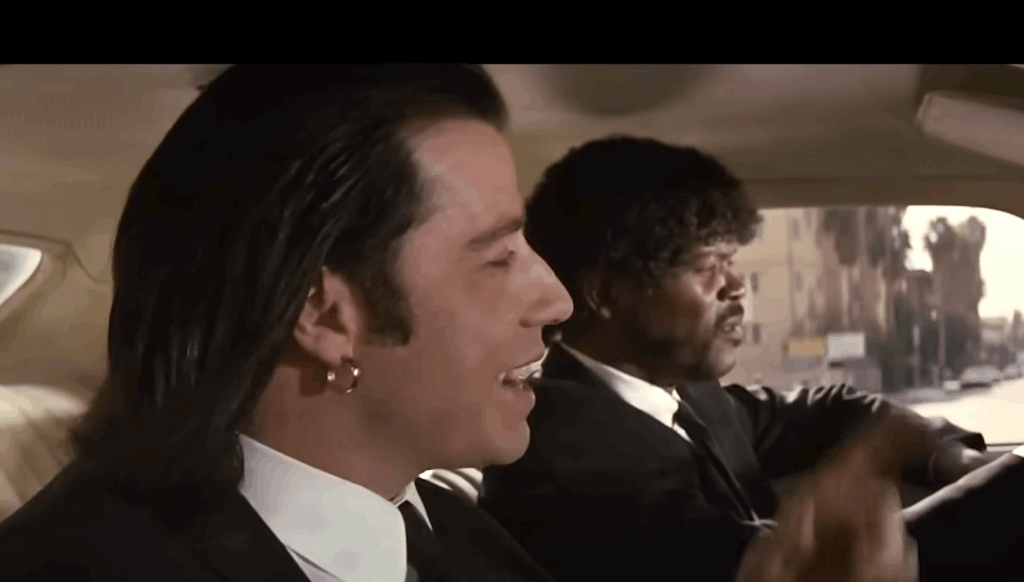
"If you wish to become a cinephile worthy of the title, you must first pledge never to refuse to watch a film for any of the following reasons. First, that it is in a different language and subtitled; second, that it is too old; third, that it is too slow; fourth, that it is too long; and fifth, that it has no "story." These categories of refusal are what Lewis Bond, co-creator of the YouTube channel The House of Tabula, calls"
"While the movies first emerged in the nineteenth century, and plenty continue to be made here in the twenty-first, they stand unopposed as the defining popular art form of the twentieth. And it is from the span of that century that all the films on this list are drawn, from Georges Méliès' Le Voyage dans la Lune and D. W. Griffith's The Birth of a Nation to all the way to Quentin Tarantino's Pulp Fiction and the Wachowskis' The Matrix."
Five refusal categories prevent full appreciation of cinema: language/subtitles, age, slow pacing, long runtime, and absence of conventional story. A chronologically ordered 135-film "Ultimate Film Studies Watchlist" covers films from the nineteenth through the twentieth century. The list ranges from Georges Méliès' Le Voyage dans la Lune and D. W. Griffith's The Birth of a Nation to Quentin Tarantino's Pulp Fiction and the Wachowskis' The Matrix. Technological and artistic evolution shaped cinema across that period. Older films of value retain relevance and are not superseded by newer works. Ambition and creativity characterize films throughout the century.
Read at Open Culture
Unable to calculate read time
Collection
[
|
...
]